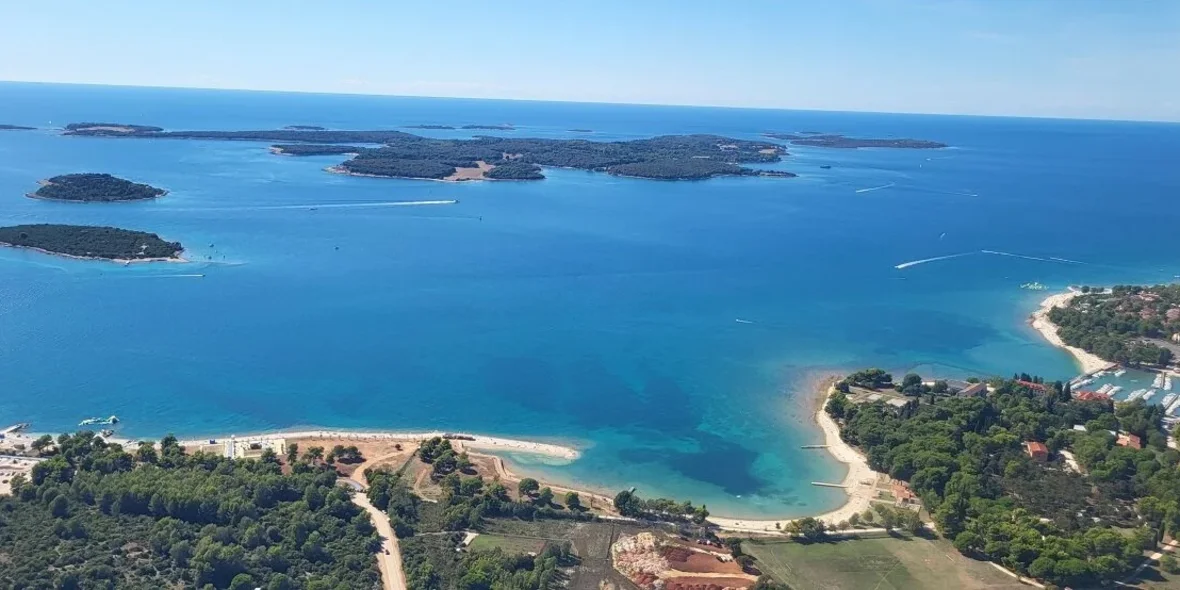
Time to buy a house in Croatia? Experts on prices and trends in the Croatian real estate market
The real estate market in Croatia is actively attracting investors from all over the world — in 2021 the share of transactions with the participation of foreign capital was 75%. But why Croatia? What is the appeal of the real estate market in this country, and under what conditions foreigners can buy property here — read in our expert article.
Croatia is a pretty small country with a population of about 4 million people. This state is especially known for its variety of medieval towns and villages and pleasant Mediterranean climate. It became especially profitable to invest in real estate in Croatia after 2013: it was the year when the country recovered from the crisis of 2008 and became a part of the European Union.
Which countries’ citizens buy real estate in Croatia most often? Which regions are in the greatest demand? What is the situation with property prices? How can foreigners buy property in Croatia? All the details we were shared by Peter Pollack and Suzana Đurica — they represent IC-REAL company as experts for International Investors in Croatia, especially in Istria.
«Most buyers prefer to buy homes on the coast»
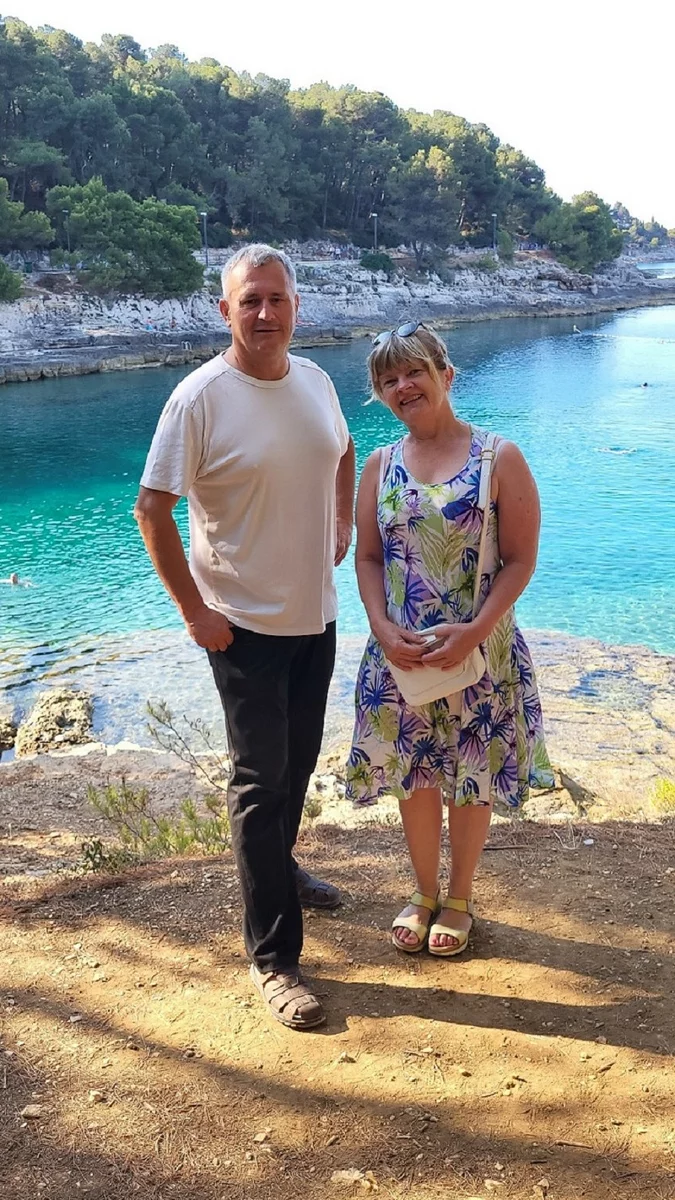 — Can you tell us, please, what is remarkable about the Croatian real estate market?
— Can you tell us, please, what is remarkable about the Croatian real estate market?
— The real estate market in Croatia is characterized by properties on the coast, near the sea, on the islands in the Adriatic Sea and in the Mediterranean Sea. This market is completely different from the «internal market» in Croatia. Croatia’s coastline, including all islands, is 6,200 km and this area is naturally coveted by international buyers. Because this is where you can enjoy life in the mild climate all year round: for understanding, sitting on the terraces in the café is possible even in winter.
What is interesting, people often come to Croatia as tourists, and after getting acquainted with this place, are eager to buy property here. By the way, tourism sector is really booming in Croatia in 2022 — this year hit the record of 2019 year (in 2022, 20% visitors above).
— Who of the foreigners most often buy real estate in Croatia? And which properties are in the greatest demand?
— Demand for Croatian real estate is high, especially from buyers from Germany and Austria. Also, many property buyers come from Slovenia, the Czech Republic, Slovakia, Hungary, and Switzerland. Most buyers prefer housing on the coast and, if possible, with a sea view.
— What are the most popular regions for buying property in Croatia?
— Among the popular places, that buyers are interested in are: the Istrian peninsula in the north (with the well-known locations like Rovinj, Poreč and Pula); the Kvarner Bay with Opatija, Crikvenica and the island of Krk; or the southern part of the country Dalmatia (from Zadar and Split to Dubrovnik) with numerous islands, which are famous as a sailing paradise.
Istria is very interesting from a cultural and historical point of view: this region was for a long time part of the Roman Empire (as evidenced by the Pula Arena), part of the Venetian Republic and part of Austria.
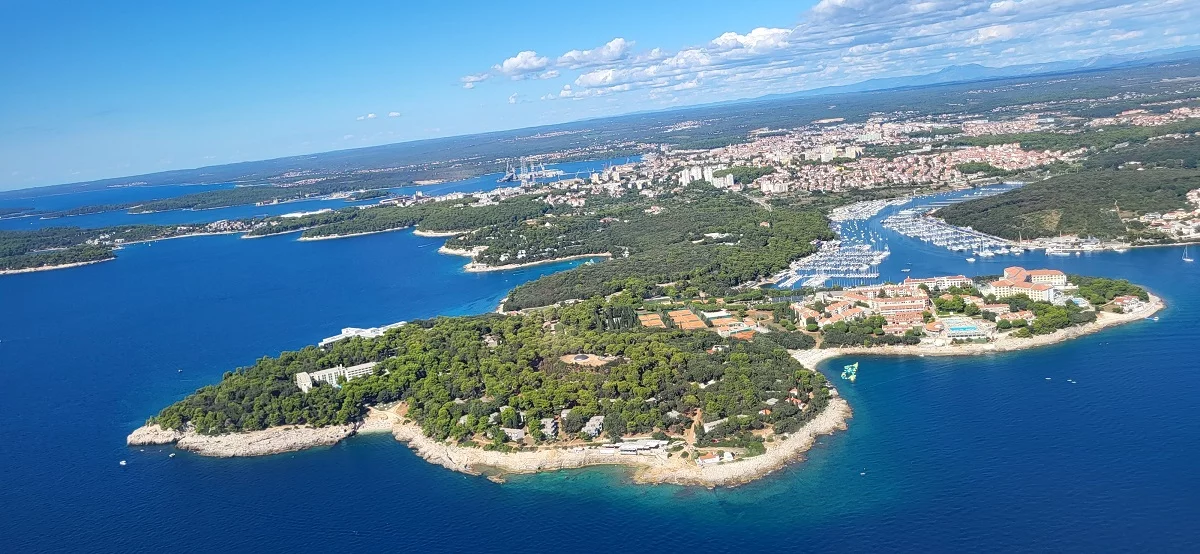
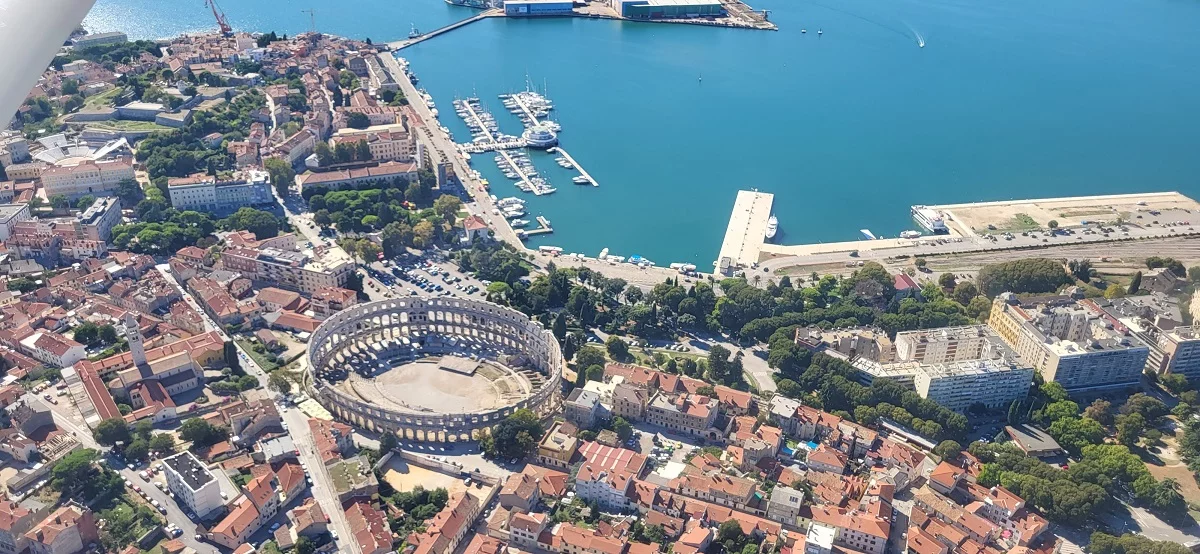
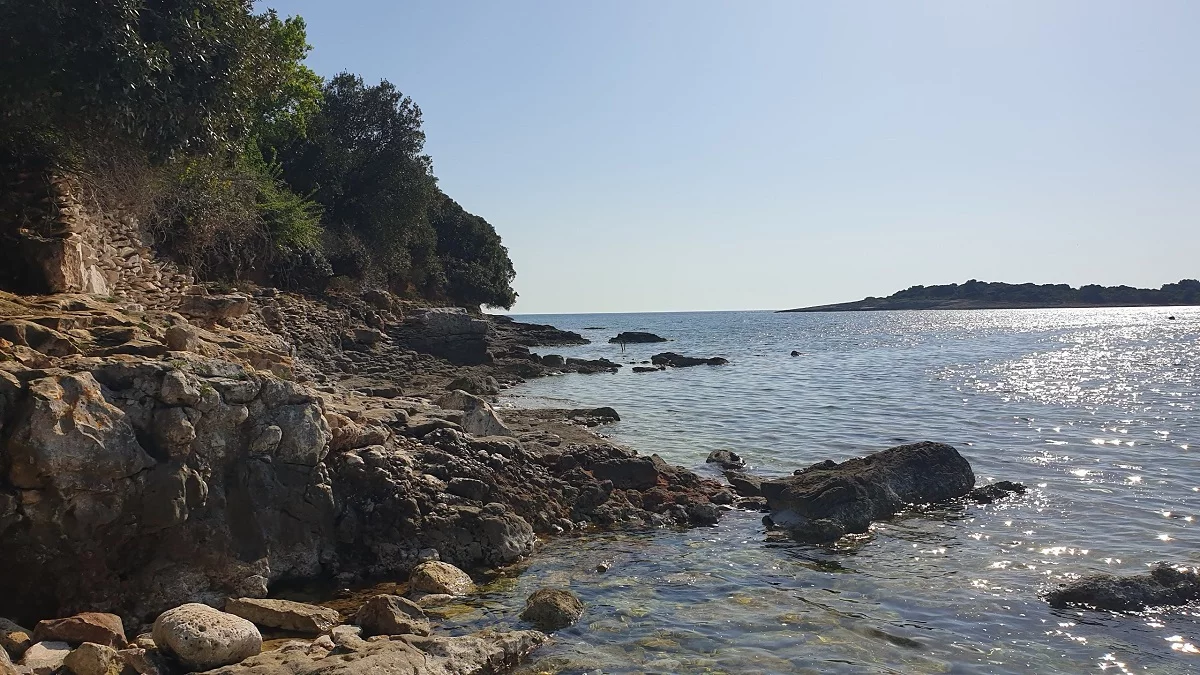
«If you build a house from scratch, you can save a lot of money»
— What is the situation with property prices at the moment?
— Prices on Croatian’s real estate continue to rise, up to 20% a year. The rising market prices are influenced by the next factors: shopping frenzy from the side of all German buyers, the hunt for first-class locations with sea views, lift of a material prices and rising production costs; and, of course, coronavirus and the side effects of the pandemic in the tourist sector. Real estate buyers are also attracted by the fact that Croatia can be reached easily and quickly by car, so you are independent of the plane; plus, the taxes and regulations system in Croatia also lure investors to safely park money here, in local properties.
The prices for new turnkey apartments on the coast are around EUR 3,300/m², in prime locations up to EUR 6,500/m².
Note. Buy an apartment in Zagreb, the capital of Croatia, is possible on average for 120-175 thousand euros. The price per «square meter» varies from 2,400 to 3,500 euros, depending on the distance from the center.
— Agricultural real estate in Croatia is also interesting, olive plantations, for example. This is due to the fact that the EU gives high subsidies for the cultivation of new agricultural land (on average, about 70% of the amount invested). Moreover, olive oil from Istria is probably the most expensive in the world: regional producers charge €40 and more per liter.
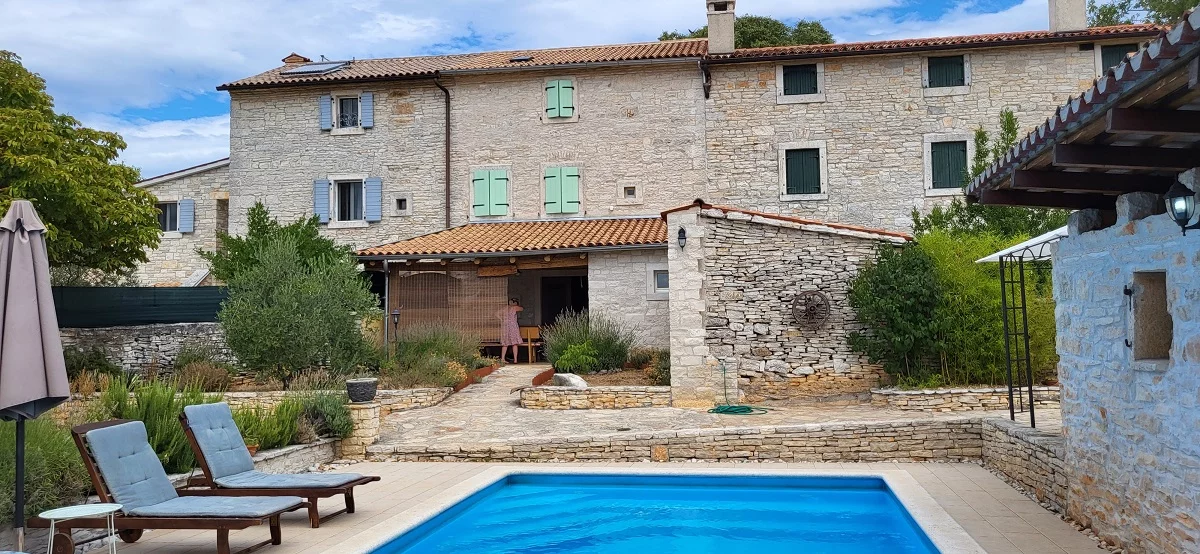
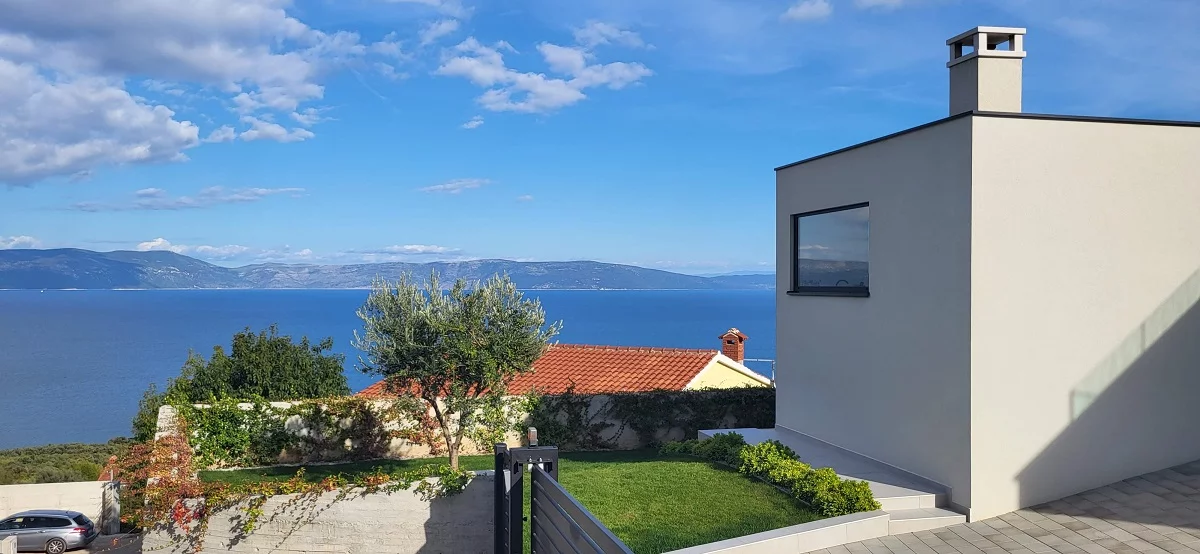
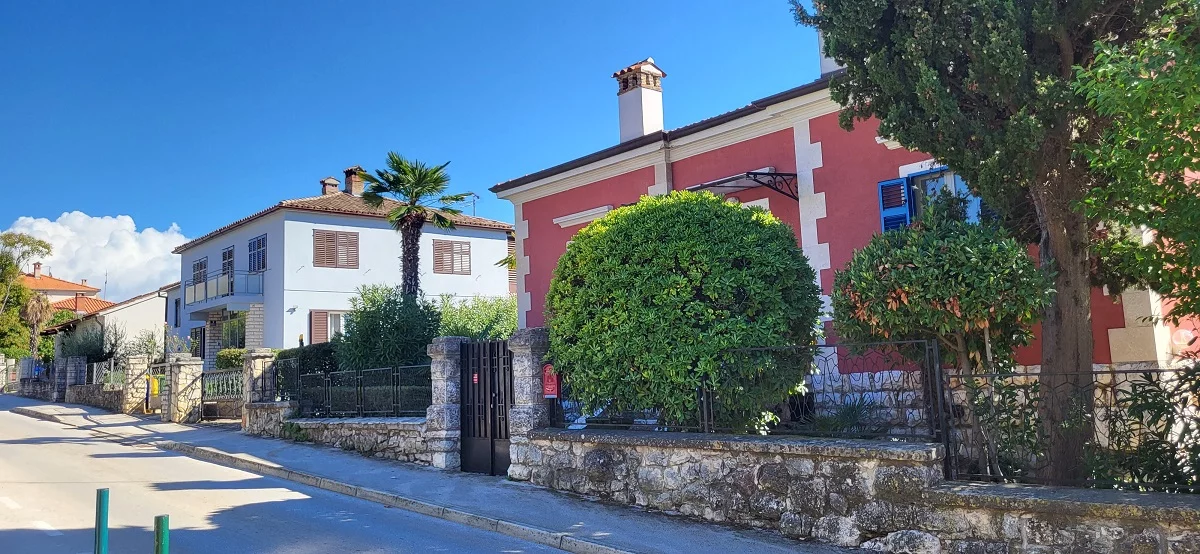
— How can a foreigner buy real estate in Croatia? What are the conditions for this?
— Basically everyone, no matter what country one came from, can buy real estate and land in Croatia both for residential and commercial use. The easiest way to do this is to set up a company in Croatia, on behalf of which then the purchase of real estate will be carried out.
It is not difficult to establish a company, it can be done online or by post, and you don’t have to travel to Croatia for this sake. The entire process takes about 6 to 8 weeks. As a result, the founder gets the status of a legal entity and a bank account in Croatia.
It is noteworthy that with the help of your own company in Croatia, you can build a private house, apartment house, etc., and in this case 25% of the value added tax (VAT) will be deducted from the entire construction cost. Thus, by building a house from scratch, you can save a lot of money. For a project costing, for example, €450,000 with VAT, the benefit would be around €100,000.
If you are interested in buying real estate exclusively for yourself, you can do this without the establishment of a company. EU citizens certainly have no problems with this, but in the case of non-EU citizens, everything will depend on your agreements with the seller of the object. Also, natural buyers will need a permit from the Ministry of Justice and Public Administration of the country. This is a formality, but sometimes you have to wait up to 3-6 months for a decision.
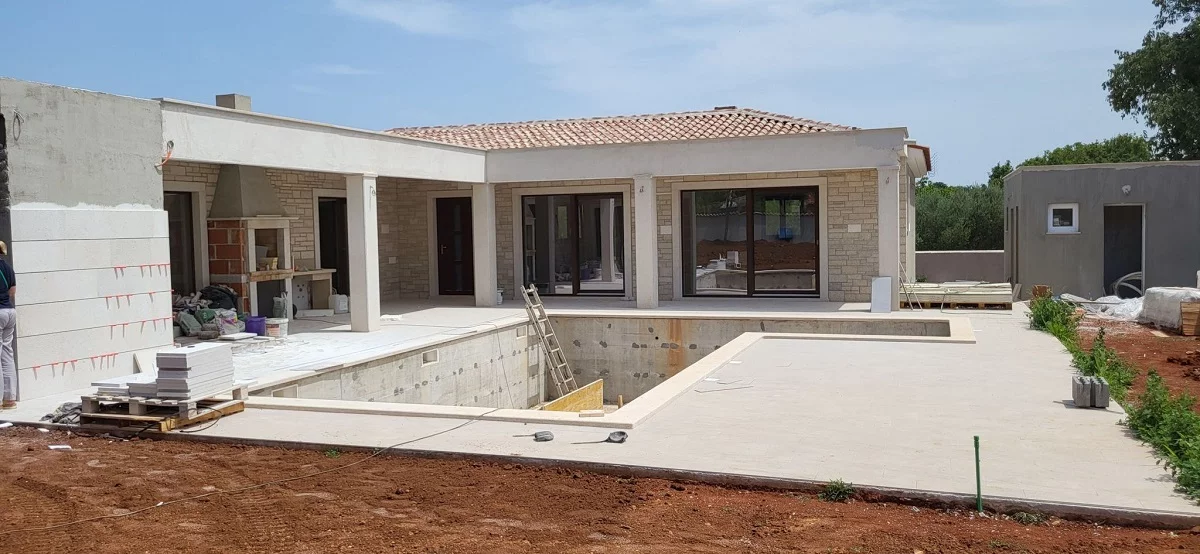
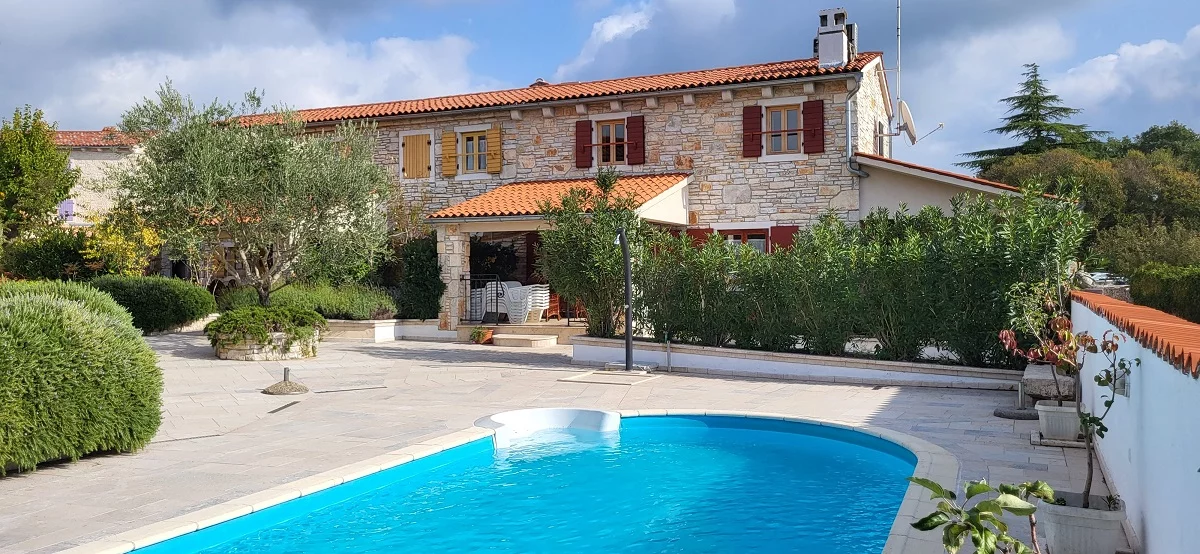
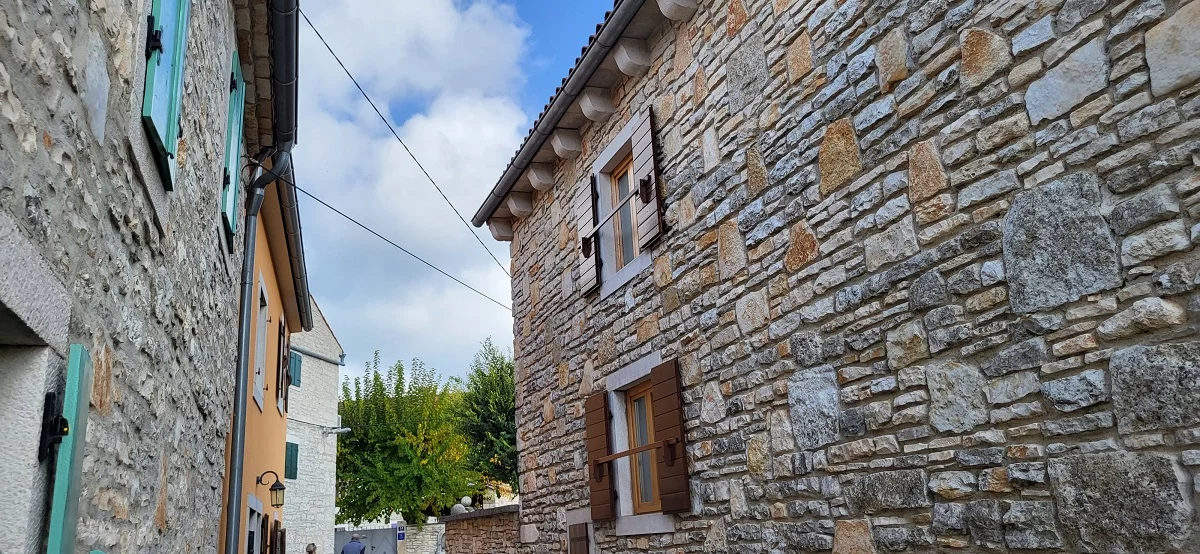
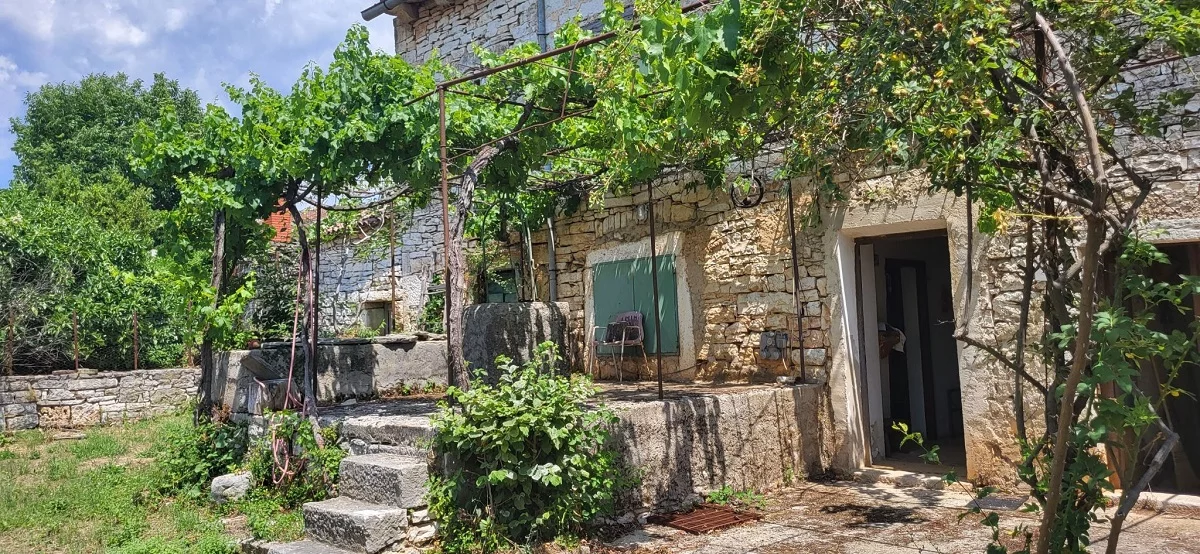
«On January 1, 2023, Croatia will introduce the euro as its currency»
— What are the approximate costs of founding an own company in Croatia?
— If the founder is one person, then one-off start-up costs of EUR 3,900 net including all fees and contracts, accounting flat rate of approx. EUR 2,500 net per year.
— What are the tax rates in Croatia for companies?
— VAT is generally 25%, lower only for groceries and medicines. Corporate income tax for companies is 10-18%, personal income tax is 10-30%.
— What additional costs are incurred when buying a property/a plot of land in Croatia?
— The costs for a lawyer for the preparation of the purchase contract, entry in the land register, etc. are to be calculated at around 1.5% plus 25% VAT. The land transfer tax is 3%. Also, you will, probably, have to pay the commission for the mediation (our company charge 3% plus 25% VAT).
— Loan financing from a Croatian bank, what are the conditions there?
— In the case of real estate, there is usually a loan term of 10-12 years, an equity share of approx. 30-50% is necessary. The interest is presently about 7-8% per year.
— How much can I earn on the property in the country, and what are the ways to do it?
— So there are many investors who build houses in Croatia to rent to tourists. There are also great opportunities for buyers of hotels, campsites/glamping sites, etc. There are still great properties right by the sea, with their own beach, because different regulations apply here than for private houses. In general, the earning potential with real estate alone for tourists is 7 to 15% per year, so it is quite attractive.
— Based on the current market situation, what do you expect to see in the future?
— In principle, no recession or a fall in prices is to be expected here. On January 1st, 2023, Croatia will introduce the euro as its currency and will become part of the Schengen area. This means that with a visa for Croatia, you can also enjoy freedom of travel in all other Schengen countries of the EU. And the number of tourists will also continue to rise — a number of hotel groups are investing in year-round tourism with wellness & spa, thermal baths, sports & leisure.
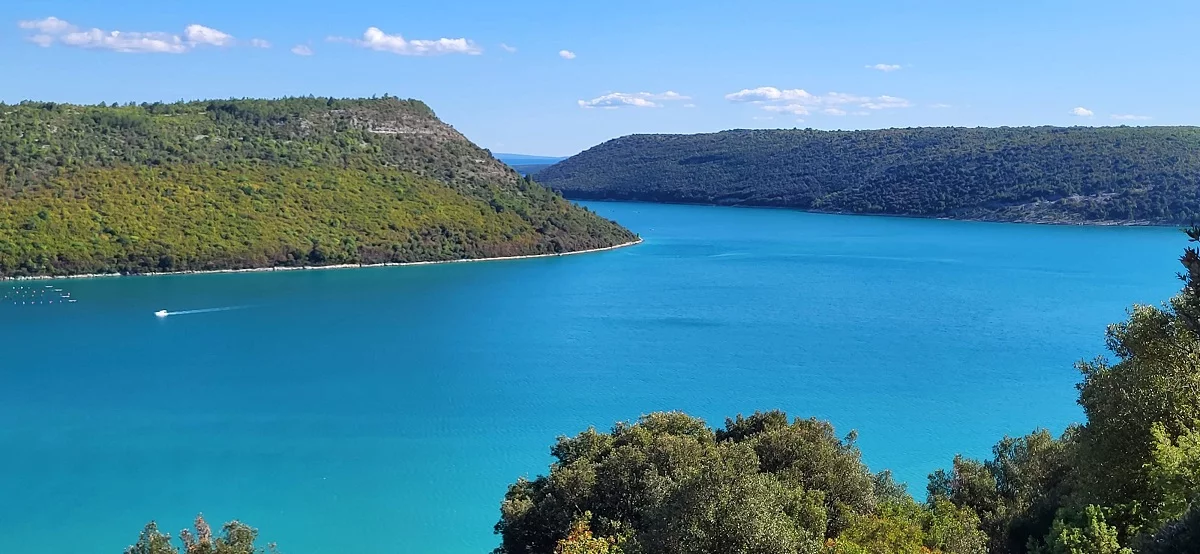
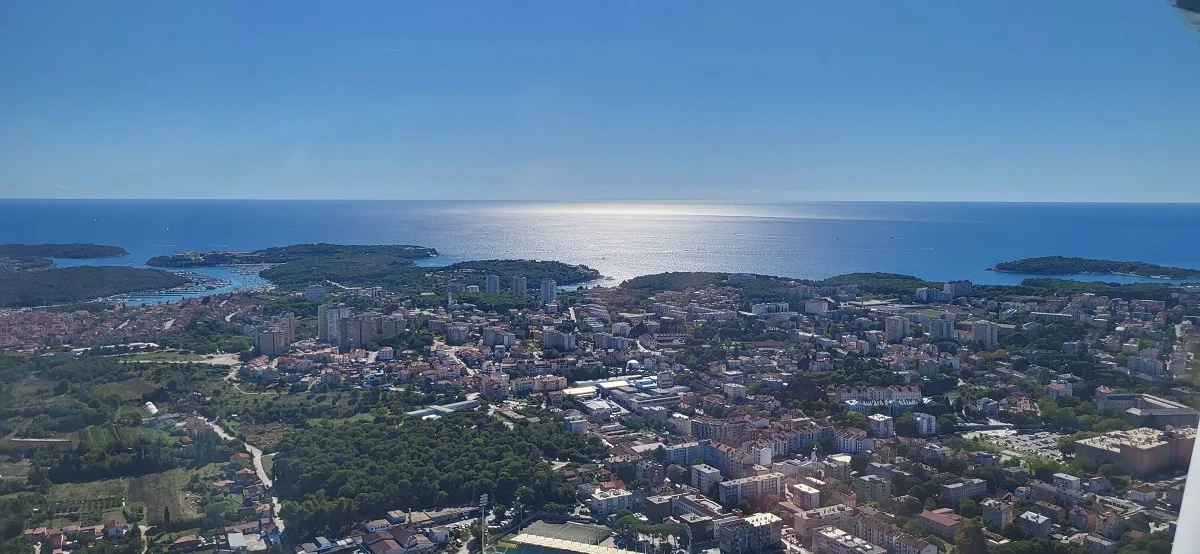
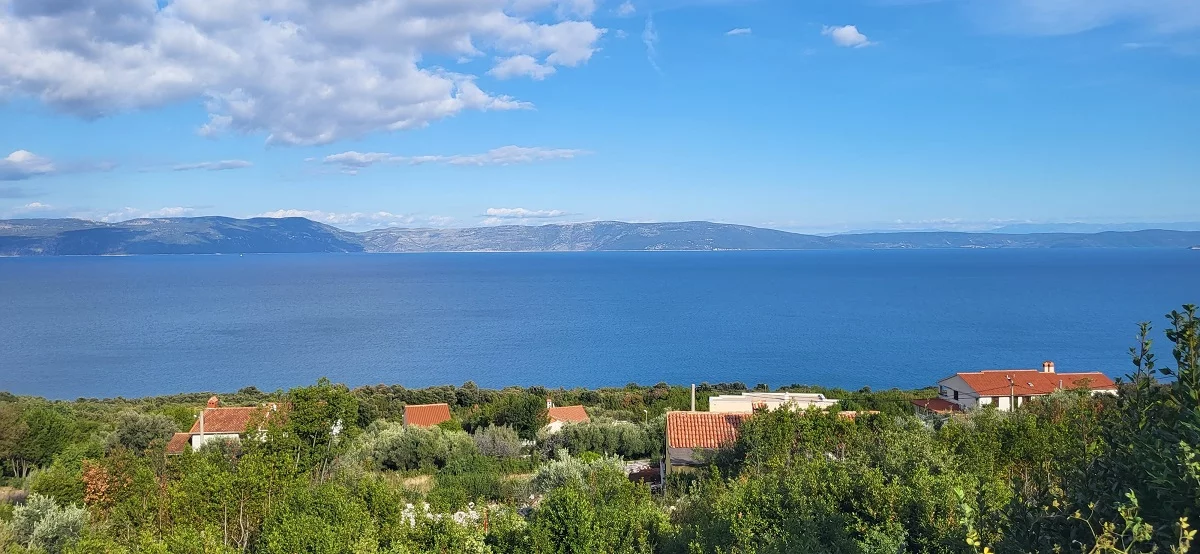
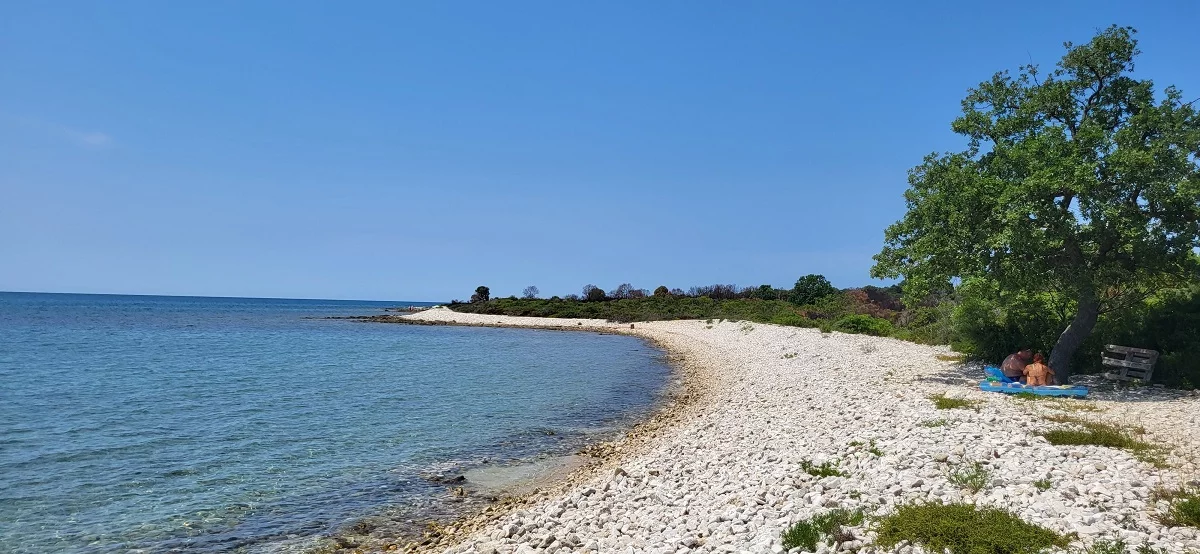
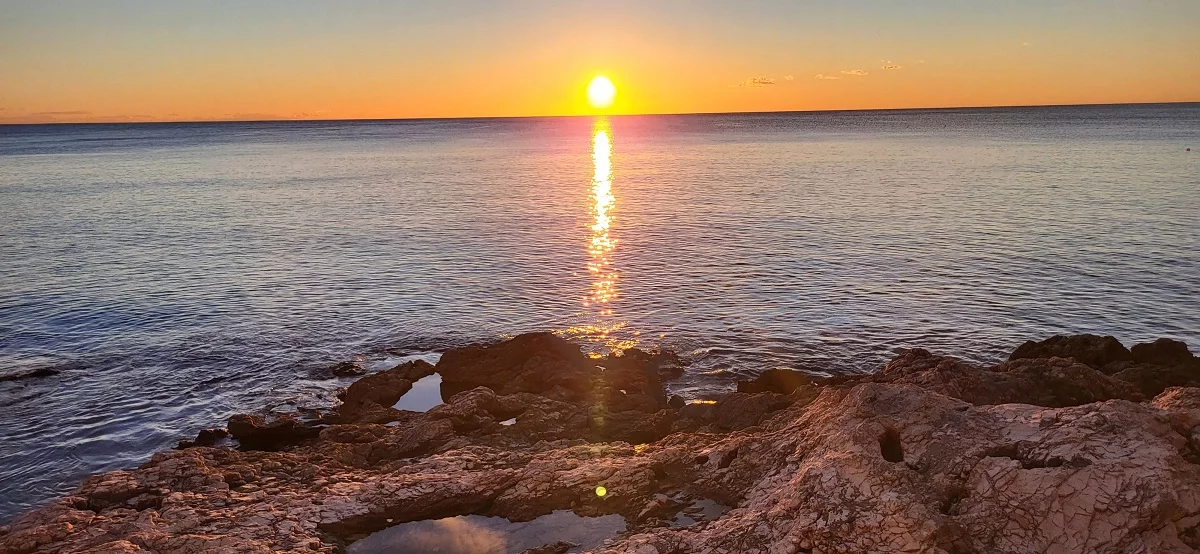
Fotocredit: Peter Pollak
Author
I am responsible for editorial work. I write expert interviews and guides.
















